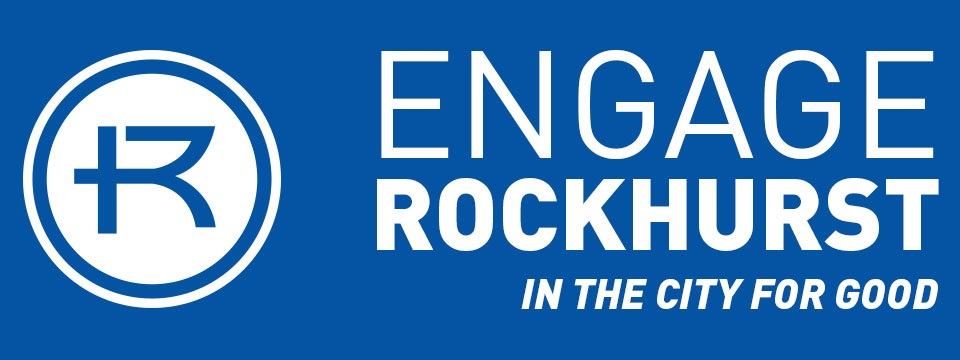As you are aware, the entire community is effected by COVID-19. Many of our community partners have restricted volunteers entering facilities or cancelled events. This may affect our students’ ability to serve (even if they are in town). While many agencies have said that this is a temporary situation, we do not have a timeframe for a return of volunteers. In the event that students cannot return to service sites, we can still support their learning through service-learning activities.
Some suggestions to consider:
- As nursing homes, hospitals, and other facilities with vulnerable populations cancel all volunteers, can there be a way to work with staff to share video or use technology to continue visits with residents?
- Consider how to transition direct service work into project based work. In conversation with the community partner, determine if there are ways in which students might support the organization remotely. Some examples may be:
- Create marketing or social media content for future use
- Conduct research on best practices or other agency interest
- Consider reflective assignment on the service already performed. One suggestion may be to reflect on the intersectionality of public health and their course topic. Another may be to reflect on the impact on the community partner and their capacity to support and serve those most vulnerable.
- Leverage the recorded knowledge of community partners and leaders to heighten students' consciousness about their service partner’s work and its challenges – review newspaper accounts, community messaging, websites, social medial posts, community council minutes, television interviews, etc.
- Utilize nonprofit annual reports, neighborhood development plans, oral history projects, and websites to expose students to community originated strategies and tactics that address issues supported by the course. Have them reflect on how their service can support these strategies and tactics
- Have students create “How To” videos to assist older residents with using technology to stay connected and support well-being during isolation.
- Analyze the COVID-19 outbreak and public responses to it (including changes in university policy) through a lens that is attentive to underlying structures of power and inequality, i.e., how might this impact someone with a disability, financial constraints, family or other challenges.
Service-learning is ultimately about the learning and not meeting an hour requirement. One recommendation is that students not focus on completing physical hours but rather on the learning objectives that the service was to meet. We must work with our community partners and students to develop equitable and fair alternatives.
Other interesting resources/ articles for faculty:
- Ignatian Solidarity Network Coronavirus Resources
- Campus Compact: Engagement in the time of COVID-19 Knowledge Hub
- Campus Compact: Mobilizing in a time of crisis: Mutual Aid Moments
- Teaching Tolerance: A Trauma-Informed Approach to Teaching Through Coronavirus
- Inside Higher Ed: Transforming Your Online Teaching From Crisis to Community
- Vanderbilt University: Teaching in Times of Crisis (post-9/11)
- Social Justice in a Time of Social Distancing
- The Coronavirus’s Impact on Homeless Services- The Atlantic
- Coronavirus in Canada: The Caremonger Movement is an Inspiring Response- The Washington Post
- Coronavirus is laying bare America’s class divide- The Baltimore Sun


